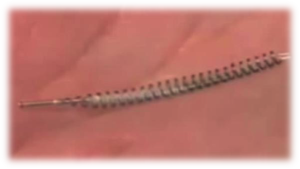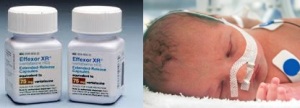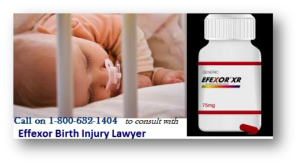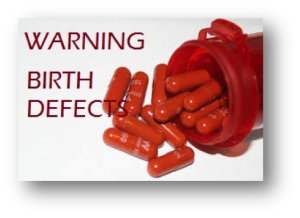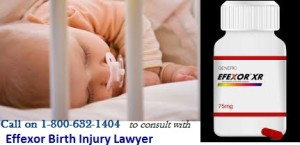The U.S. Food and Drug Administration, under pressure from activists and women who suffered from Essure side effects, has finally asked manufacturer Bayer to add a “black box warning” to its controversial birth control device. The step was imminent in the face of large number of adverse events reported in print and social media over the years. A joint Essure lawsuit representing two dozen women has also been filed against Bayer for “actively withholding” information on the contraceptive side effects reported to it.
According to the FDA statement posted on its website, the strongest safety warning label on Essure birth control is “to call attention to serious or life-threatening risks.” It also called for additional studies and trials to address Essure safety concerns. Essure was approved in November 2002 as a permanent sterilization option for women. By May 2015, the FDA received over 5,000 Essure side effect complaints highlighting contraceptive failure, migration, unintended pregnancies, abdominal inflammation and pain, uterus and fallopian tube perforation, severe allergic reaction, and miscarriages. Bayer is accused of hiding thousands of post-marketing reports on the birth control adverse events.
Essure device comprises of two nickel-titanium coils with tiny and flexible polyethylene terephthalate inserts. The coil when inserted into the fallopian tubes using a catheter induces scar tissue growth for a three-month period. This ingrowth turns into a barrier inside the fallopian tubes blocking sperm movement. It is a permanent sterilization method and for those who do not want children in the future.
The FDA Essure warning also accompanies a checklist for doctors to ask patients about their experience and provide inputs about safety and effectiveness of the birth control device. Planed to have a sample of size of at least 2,000, the assessment will go on for three years.
Earlier in July 2015, the FDA went for a review of the birth control. However, it ended with the manufacturer being asked to carry on more safety research. Consumer groups and activists are critical of such FDA action and have been demanding a recall of the birth control device. Bayer is also accused of not reporting Essure side effects to the FDA over the years and this could have led to safety assessment years earlier saving thousands of users.
Essure Perforation Lawsuit
A Texas woman has filed an Essure lawsuit claiming that side effects forced her to undergo hysterectomy surgery. She had severe pain, chronic cervical inflammation, and bleeding soon after she had the birth control device. The contraceptive side effects also resulted in fatigue and uneasiness during intercourse and she also developed ovarian cysts, according to the Essure injury lawyer representing her. She had to undergo a total hysterectomy to take out the contraceptive coil.
The Essure lawsuit claims that the plaintiff selected the birth control device, as the manufacturer failed to provide adequate information about potential adverse events linked to the contraceptive. Bayer has been accused of suppressing side effect complaints and misleadingly advertising the birth control coil as a safer sterilization procedure despite post-marketing reports on adverse events.
In February 2016, the FDA acknowledged at least 294 confirmed fetal deaths linked to Essure migration causing unwanted pregnancies. The figures, previously put at 125, were reviewed after the regulator found discrepancies in Bayer’s reporting of Essure adverse events. While thousands have become members of a Facebook group “Essure Problems” to express their anguish over sufferings due to the birth control side effects.
For filing Essure injury lawsuit seeking compensation and damages for complications associated with the Essure birth control device, contact our Essure attorney or call on 1-800-632-1404.
